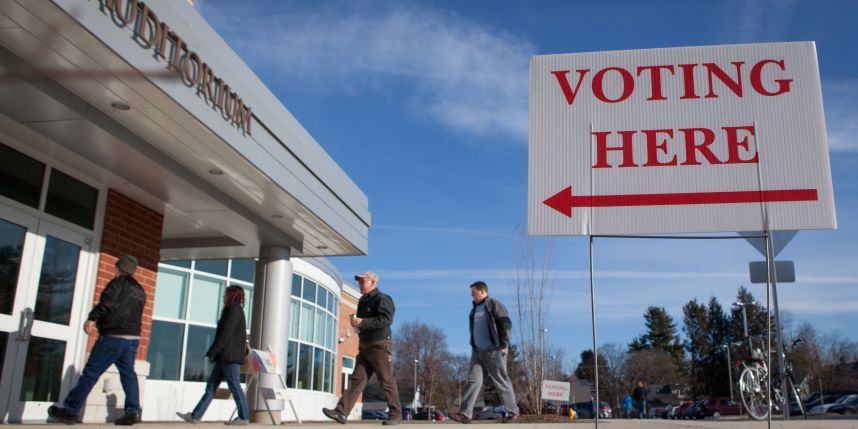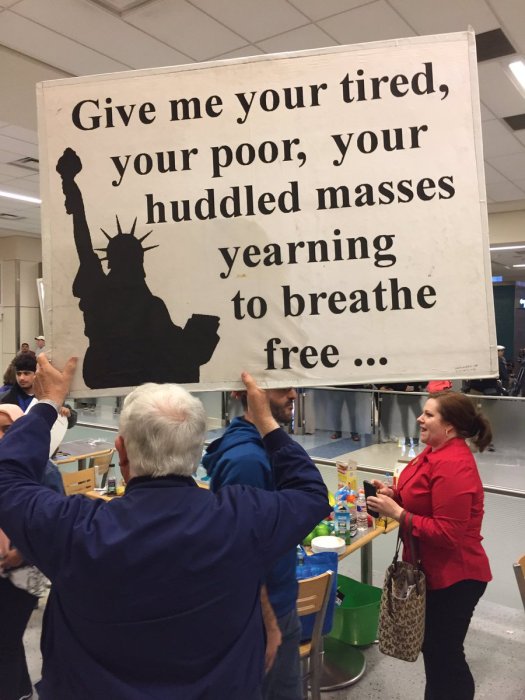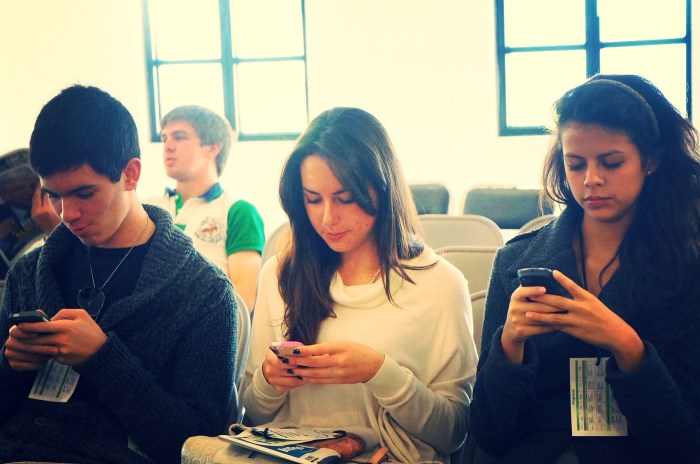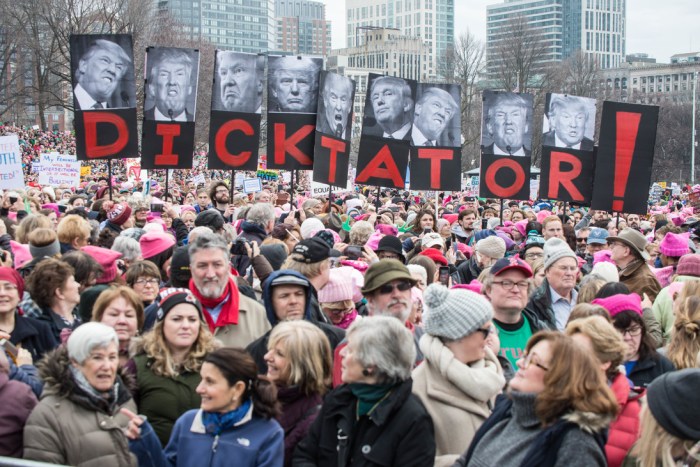More than one million Massachusetts residents have already cast their ballot in the presidential election, thanks to the Commonwealth’s first-ever early voting initiatives, Secretary of State William Galvin said Monday. “Considering it’s a first-time effort, we’re delighted with the results,” he said in the Massachusetts State House. “Beyond that, the indications are for a very high turnout as always in a presidential election.” Early voters accounted for about a third of the state’s anticipated turnout, which means lines at polling places on Election Day may not be as long as in the past. Galvin said that he’s confident in predicting a turnout of more than three million people, meaning another two million are expected to still hit the polls. Even if lines move a bit more quickly, there’s no relief for poll workers because early votes cannot be counted before 8 p.m., when the polls close.
In total, 4.5 million Massachusetts residents are registered to vote—a number that has increased in the past four years, Galvin said. However, that figure includes inactive voters.
Inactive voters can still cast their ballots as long as they bring identification that shows the address at which they are currently registered and they complete an affirmation of residence form.
RELATED: Election Day in Massachusetts:What you need to know before heading to the polls How does this compare to past elections in the Commonwealth? Galvin pointed to 2012, which had one of the highest voter turnouts ever with 3,184,000 votes.
“There was a very intense race for the United States Senate in progress [then],” Galvin said. “We have no statewide races now.”
In 2004, when there were no state ballot questions and no statewide races, there were slightly less than three million voters in Massachusetts. Though there are no statewide races to consider on Tuesday, that there has been intense campaigning over the four diverse ballot questions this year, Galvin noted. Furthermore, the presidential race has generated intense interest. “I think it’s been a very difficult [election cycle],” he said. “There’s a high level of voter interest, which is encouraging. Voters are overcoming the difficulties of the campaign to participate.” The fact that the election has been so contentious has raised concerns about voter fraud, voter intimidation and voter safety at the polls. No one is allowed to campaign within 150 feet of a polling place, Galvin said, and his office has met with both parties to ensure they know the rules. “Voters have a right to a zone of privacy when they cast their ballot,” he said. “We intend to enforce that.”
Anyone who sees voter fraud is encouraged to address it locally with the clerk or the on-location police officer (an officer will be at every polling location throughout the city). Galvin warns, however, that what may look like fraud to an uninformed bystander might not be fraud. RELATED: Can you take a ballot selfie in Massachusetts? “We’ve had experiences in the past where there have been misunderstandings, where voters ask for someone to accompany them in and help them vote, which is legitimate if they have a reason to do so,” he said. “What we will not tolerate is random objections that are specifically designed to prevent people from voting or to intimidate voters. We’ve had experiences with that in the past as well.” Voters in Quincy will notice the U.S. Justice Department monitoring polls there—the only location in Massachusetts where the department will be present—to enforce federal voting rights laws.
The justice department has been monitoring certain communities since the passage of the Voting Rights Act of 1965. Quincy was recently added to that list, Galvin said, because the latest federal census revealed a high percentage of foreign language speakers. Quincy is home to a substantial Chinese population, so every ballot in that city must be printed in English and Chinese. The state did not request any federal help with polling place security. Galvin said that his office’s main concern is running the election in an orderly way.
“We don’t want disruptions,” he said. “There are a couple million people trying to vote tomorrow. The last thing we need is a slowdown of the process because someone is having an argument or dispute.”
Success of early voting expected to ease Election Day balloting

Getty


















